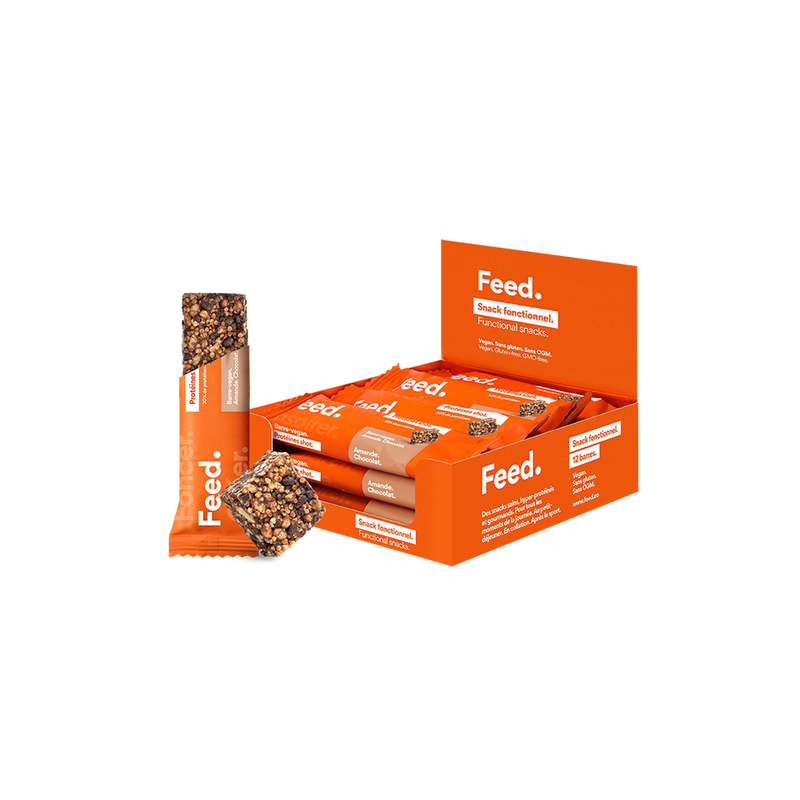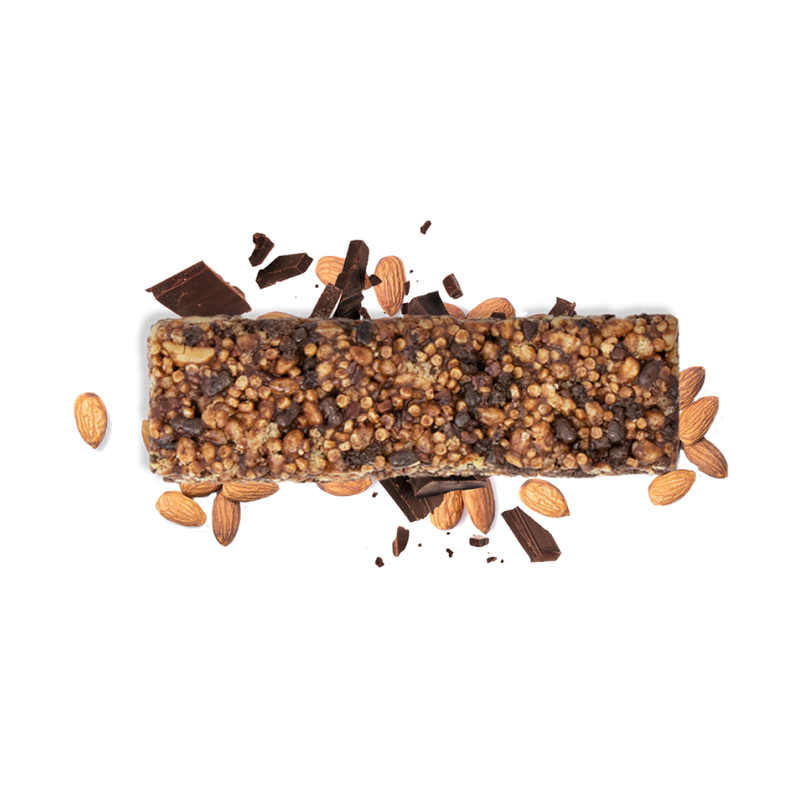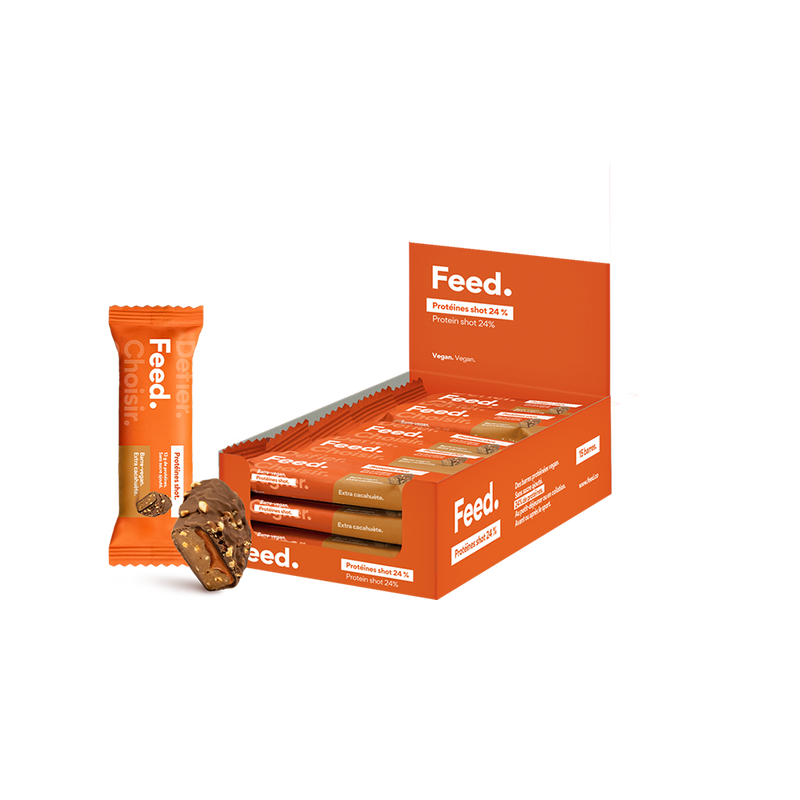Caffeine is a natural psychotropic molecule from the alkaloid family. Present in high doses in coffee, it is also found in tea, chocolate, mate, sodas and even in certain medications. Metabolized in a few minutes by the body, it acts as a stimulant on cognitive performance and memory. In this article, we tell you everything about caffeine and its most entrenched myths.
The benefits.
- Stimulating and concentration: caffeine has a stimulating effect thanks to its action on the neurotransmitters of the nervous system. It will increase the speed of information processing by our brain and causes a spike in energy.
- Memory and cognitive performance: caffeine acts on memory by increasing our memorization abilities. Several studies show that coffee is a major ally in preventing the onset of Alzheimer's disease and Parkinson's disease in particular. Consuming it regularly would slow the progression of cognitive decline.
How exactly does it work? Its stimulating effect is mainly due to its action on a molecule called adenosine. This molecule regulates us normally and slows down our brain to induce a state of sleep, for this it attaches to receptors in our brain. Caffeine will bind to these same receptors, thus blocking the effects of adenosine. It will therefore stimulate brain activity. This will have the effect of increasing the release of adrenaline from the brain. However, adrenaline, the “survival” hormone, will considerably increase our level of attention and concentration and create a peak of energy throughout our body.
|
Info or intox ?
Of all coffees, espresso has the highest caffeine content. Poison ! If the dose of caffeine obviously depends on the species of plant used, the quantity of coffee and the volume of the drink, it is above all dependent on the method of preparation of the drink and more precisely on the extraction time! The more the coffee is in contact with water, the higher the amount of caffeine will be. A long filter coffee will therefore be more caffeinated than an espresso. To give you an idea, an espresso contains around 30 mg of caffeine after an extraction of 30 seconds versus 160 mg for a long coffee extracted between 2 to 4 minutes. |
Botanical.
Present in tea or mate, caffeine is generally synonymous with coffee and the coffee bush. This produces white flowers and small red to purple fruits. Each fruit contains two coffee seeds, these are then washed and roasted to obtain coffee. In its pure form, caffeine is a white powder with a bitter taste.
|
Did you know ?
If the coffee plant produces caffeine it is initially to protect itself from predatory insects. He uses it as a natural pesticide. The same goes for the tea plant which produces theine which is chemically identical to caffeine. |
The side effects.
The effects of caffeine can vary greatly depending on: gender, metabolic assimilation capacity, habit, time of day, etc. It is therefore quite difficult to establish a “standard” dosage. Due to its action, it can cause insomnia, agitation, nervousness, gastric irritation. It is often not recommended for people suffering from heart disease.
A fairly well-known side effect of caffeine is its dependence if consumed in very large quantities regularly. If you are a heavy caffeine user and want to stop consuming it, it is important to do so gradually to avoid these withdrawal symptoms.
|
Info or intox ?
Caffeine would reduce blood alcohol levels. Intoxication of course. “Strong” coffee absolutely does not lower the alcohol level in the blood and cannot modify the results of a breathalyzer, only the liver and time rid the body of alcohol. |























